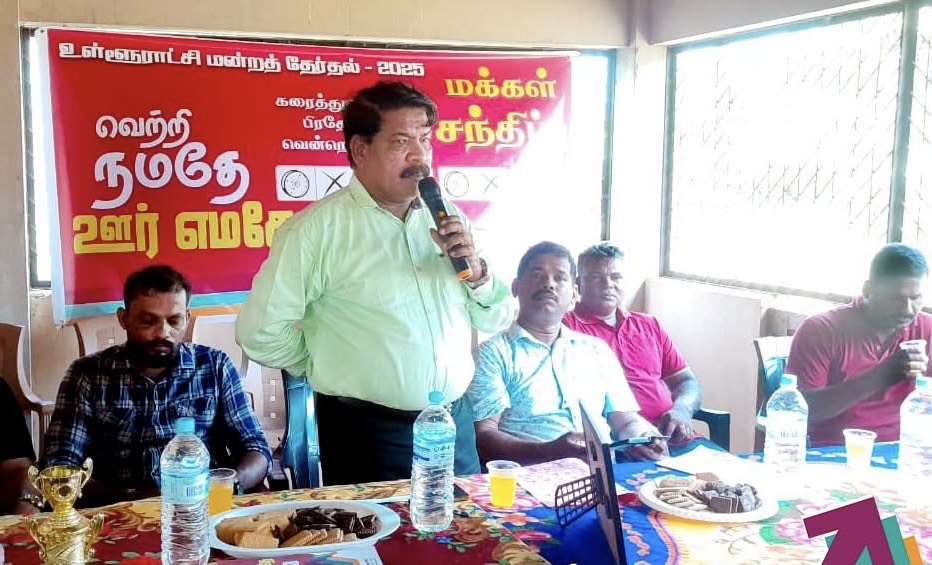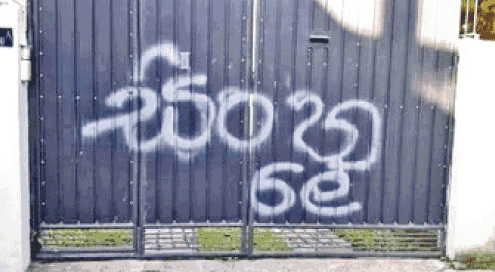Majoritarian governance must end to continue as one country says TNA in Sri Lanka
Calling for the a new constitution that started from the premise of ‘recognising different peoples in the country as equal to each other,’ TNA MP said “it was the non-recognition of that character of this country that resulted in 3 decades of actual fighting and a conflict that has raged since independence to this day.”
Reiterating the need for a non-partisan constitution, he added, “the constitution cannot grant pre-eminence to one or the other group of people. If we are to continue as one county all the different peoples must be given equal status, regardless of what their numbers are.”


